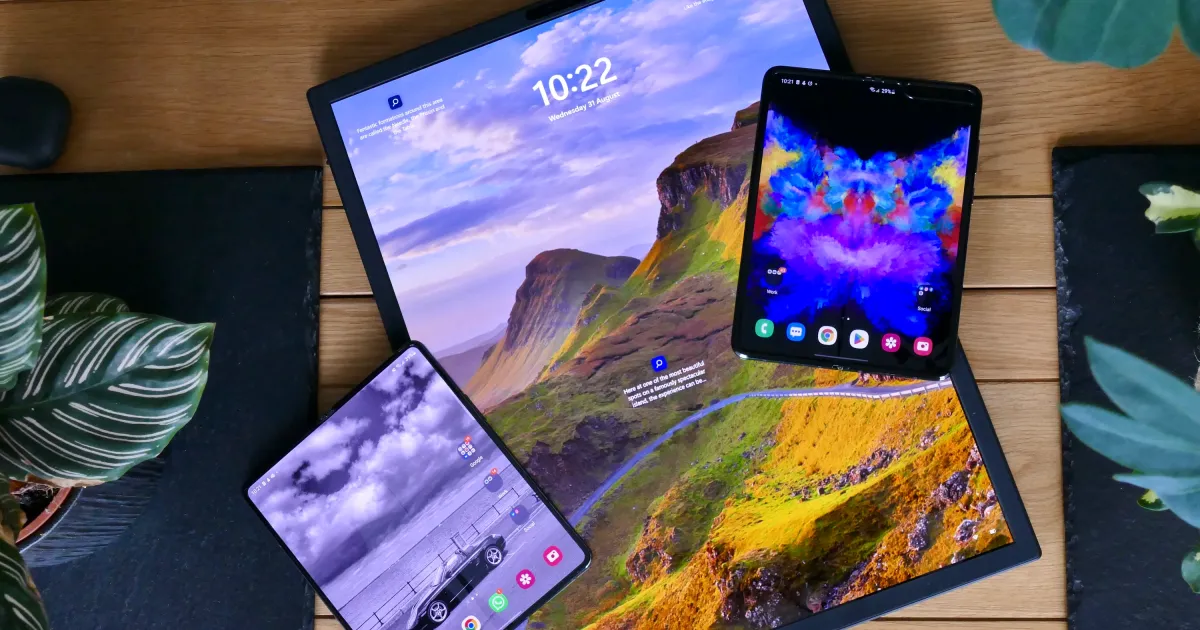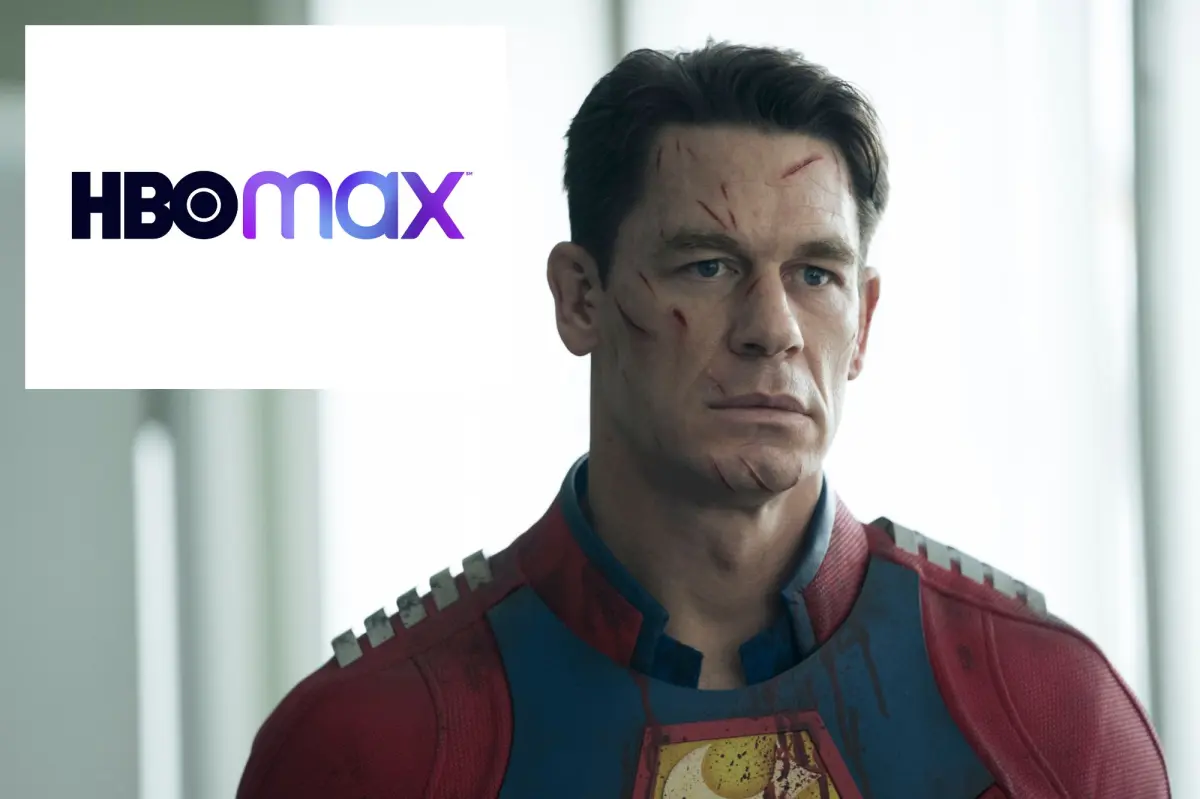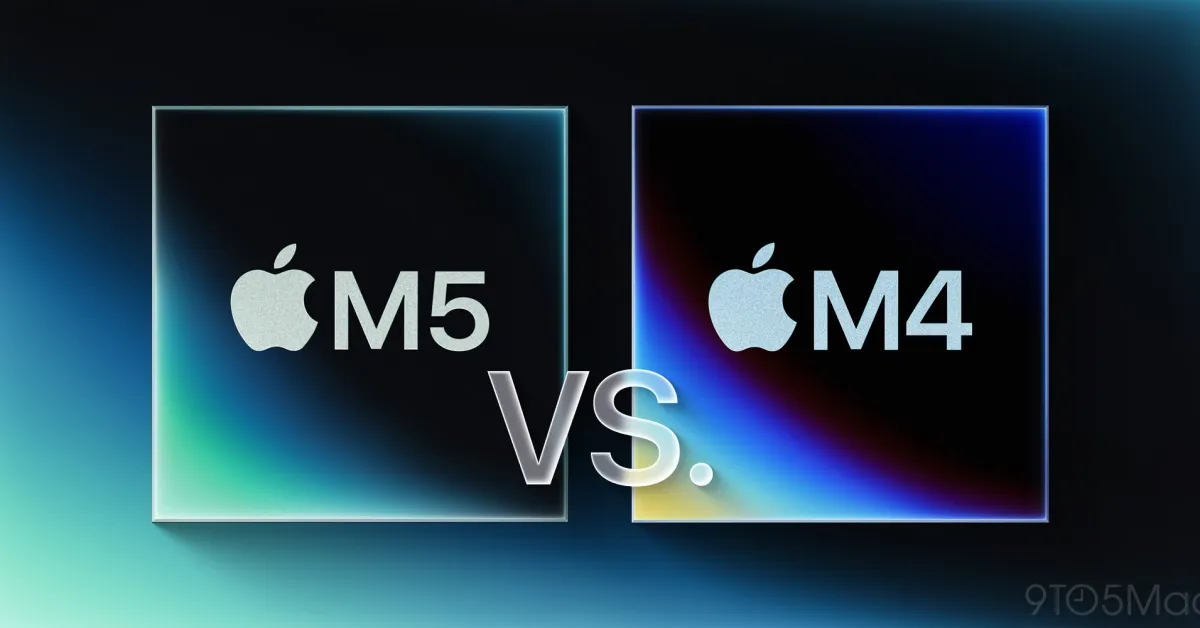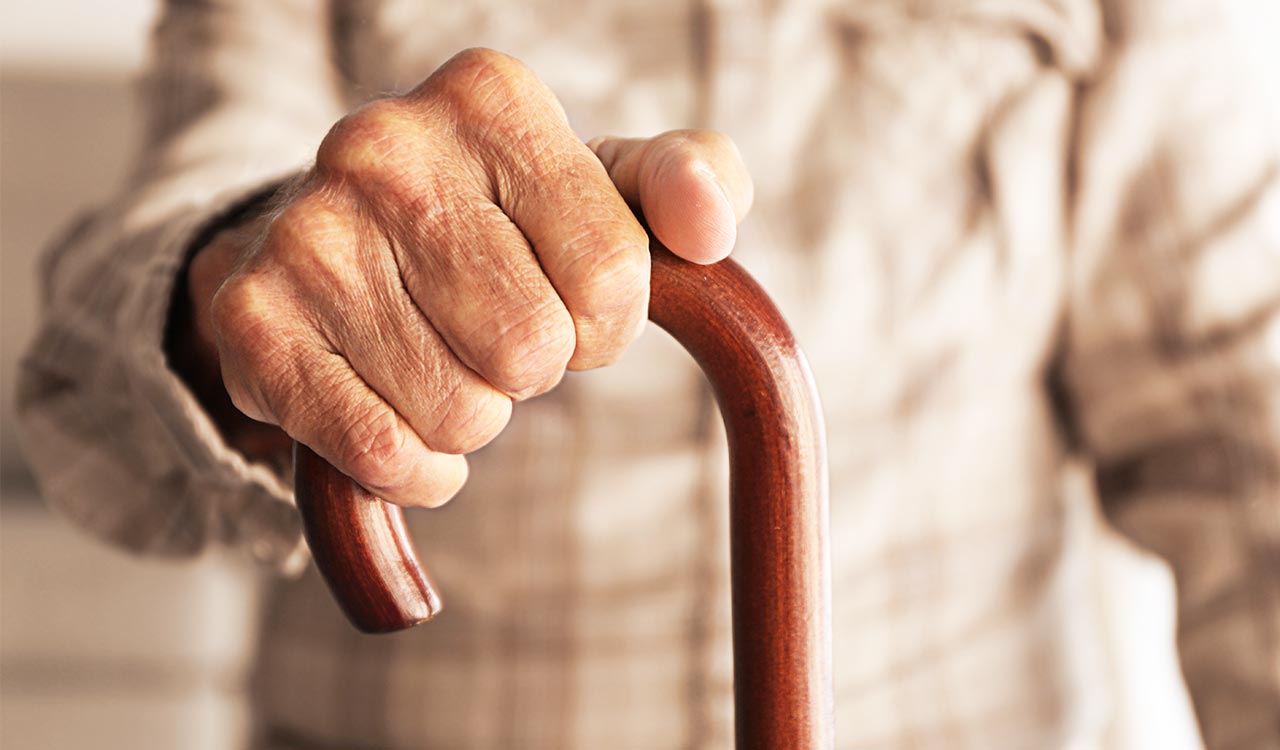Copyright gq
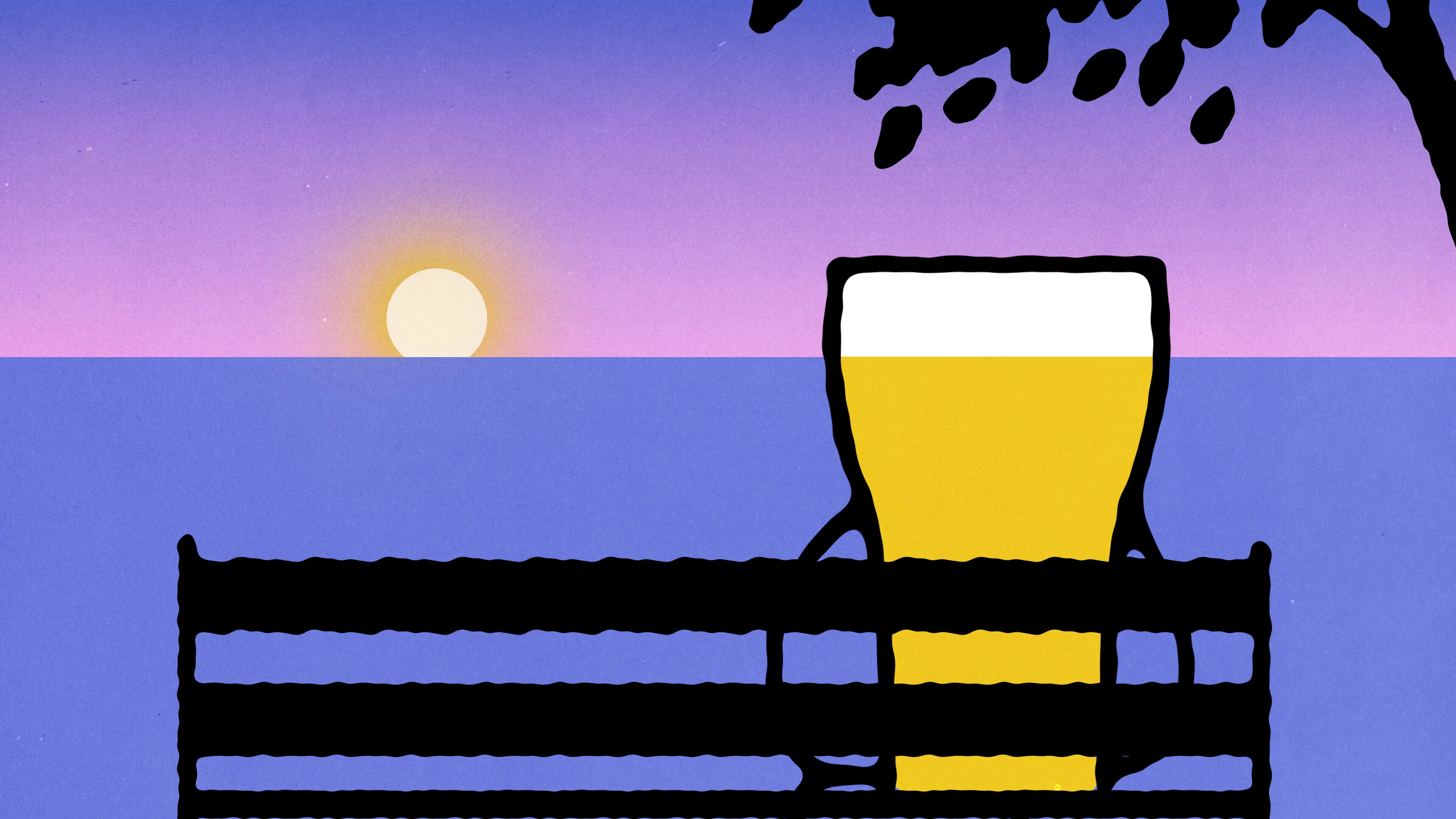
My friends own a bar in Brooklyn. I’m frequently there. It’s frequently crowded. But, recently, I’ve noticed that a packed bar doesn’t mean what it once did—on some nights, maybe half or more of the patrons aren’t drinking alcohol. I’ve been drinking for 15 or so years. It’s always been a part of my social life as an adult. But recently more and more people around me have decided to give up alcohol or cut way, way back on their booze intake. These friends aren’t alcoholics, it’s more that drinking stopped fitting into their lifestyle, or the drawbacks started to outweigh the benefits. It seems much of the United States is in a similar place these days. In August, Gallup released a survey showing that only 54% of American adults were consuming alcohol, the lowest percentage ever recorded in the survey’s 86-year run. While the number of Americans who drink has always ebbed and flowed, there was a precipitous, nearly 10% drop-off between the mid-2010s and today. From a health perspective, the Gallup poll might signal something positive—alcohol, after all, is bad for your body no matter how you look at it. And that tracks with what people told Gallup: The biggest reason Americans have stopped drinking, according to the poll, is that more people are aware of alcohol’s ill effects on people’s physical health. Gallup found for the first time in its survey that over 50% of Americans say that even drinking in moderation (one to two drinks a day) is bad for their health. That number has shot up by 25% in just seven years. That’s why my friend Michael, 32, stopped drinking. “A goal of mine this year was to be more intentional about my diet and my use of substances,” he says. “I found drinking socially made me not really like how I felt, both when I was drinking and the day after. Now I find I get better sleep, I have improved focus, less anxiety.” But, from a social and mental health perspective, the picture is a bit more complicated. Malcolm Purinton, a professor of history with a focus on beer consumption and production, said that the Gallup results track with what he’s witnessed in the last 5 to 10 years: Americans, particularly young ones, are more aware of the health problems, especially those pertaining to mental health, associated with alcohol. He credits social media for disseminating the risks of alcohol to audiences far and wide. But he says an equally large factor might be that people are simply relaxing in different ways. “A lot of people who are coming of age around COVID, they’re socializing completely differently,” he says. “It used to be that alcohol was everywhere. In the home, at social institutions, cultural institutions, at colleges. When I was in high school in Vermont, we’d have parties in the woods and drink alcohol there. How does that shift if you’re going to school online and living with your parents?” Purinton also says the rise of technology has played a role in the decrease in another way: People might be less likely to get drunk if they’re aware anything they do could be recorded and posted online. “The surveillance life we all have now—children growing up with cameras in their pockets, people are realizing they’re always being tracked by their peers and potential employers and everyone,” he says. “So in some ways there's an aspect of control.” The Gallup survey and Purinton’s research echo what I hear from my sober and sober-curious friends: that drinking simply doesn’t fit into a more fractured social landscape, one in which people are socializing more through the internet and less through physical spaces. “I feel like it has something to do with the damn phones,” Molly, a 24-year-old friend of mine who works in finance in New York City, says, explaining that nearly all her peers abstain from alcohol, or have it in extreme moderation. “Being drunk on your phone is just messy—it’s all documented. That’s definitely part of it. The surveillance culture of it all; you lose a lot of self-control when you drink, and I think my generation is all about having a curated image of themselves. We’ve been under surveillance for our whole lives.” Though Molly is certain it’s healthier to cut down, or give up drinking altogether, the result, she says, is that get-togethers with friends are muted and infrequent. “We’ll sit at the bar and order an appetizer and just like, talk, or scroll on our phones together,” she says. “But honestly, I also just think people are hanging out less.” In that way, Purinton says, the decrease in alcohol consumption might be a sign of a more worrying trend—the massive increase in American loneliness: Young people, and especially young men, are increasingly socializing mostly through the internet, or not at all. Stats bear this out: American adults are spending 30% less time face-to-face than they did only 20 years ago, according to an analysis of the American Time Use Survey. For teens, the shift has been even more dramatic—they’re spending nearly 50% less time with their friends than they were two decades ago. And according to data from the dating app Hinge, young people might actually prefer to be alone these days: 49% of Gen Zers they surveyed reported feeling drained after two or three hours of socializing, and 56% said they were often choosing alone time over socializing. That tracks for Molly, who told me her generation is out of practice with the social skills you might need to go to the bar and meet people. “Even ordering a drink at a bar is kind of nerve-racking to me,” she says. As healthy as going sober might be, the decrease in drinking in America might therefore actually be a byproduct of another emerging health trend: being more lonely and isolated than we were a few decades ago, which is very bad for people’s mental and physical health. That’s why Molly told me she’s actually worried about the fact that much of her generation has stopped drinking. “I think that the lack of drinking is a positive bent on an overall bad thing,” she says. “We’re all anxious and need to let loose, and people my age yearn for the feeling of letting loose, but we don’t ever actually get to that point.” My friend Michael says that’s one of the things he feared most when he decided to stop drinking: that he’d lose the ability to socialize and blow off steam. And at least at first, he felt like he didn’t know what to do. “I didn’t know how I’d hang out at a bar, or a club,” he says. “But eventually I found it actually made it easier, because now I don’t wake up with the guilt and anxiety I used to have from the socializing that I used to associate with drinking.” The decline of drinking might be a sign of America’s increasing loneliness, but that doesn’t mean the solution is to start drinking more again, it just means that people have to find other ways to get off their phones, and get outside, without the preferred social lubricant of the last several thousand years. “Without the liquid courage of a sip of beer that has allowed people to go up and strike up a conversation with someone at a bar, how are people going to meet?” Purinton asks. “That's why the power of alcohol has been such a part of human civilizations forever. So I’m curious to see how this all might go.”
